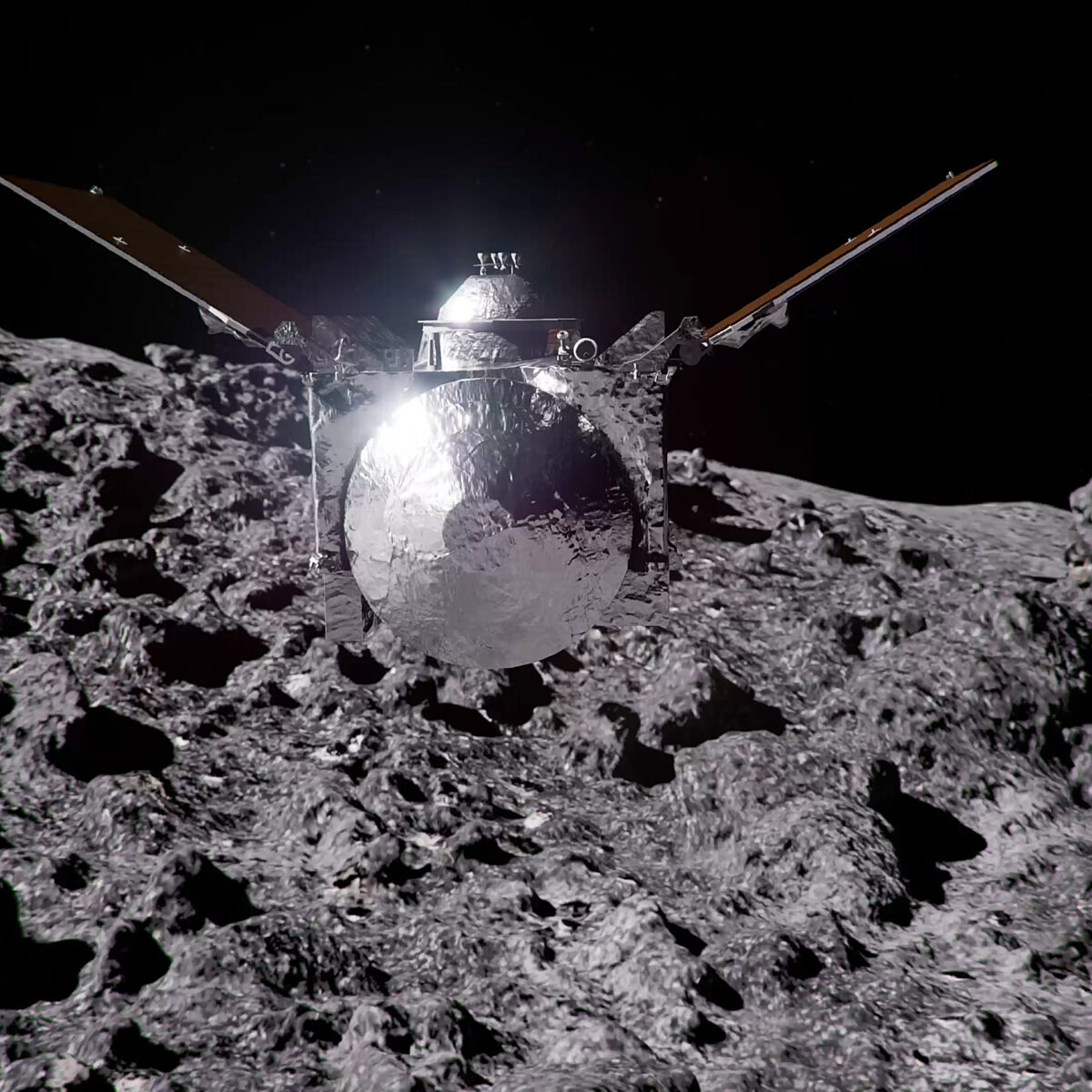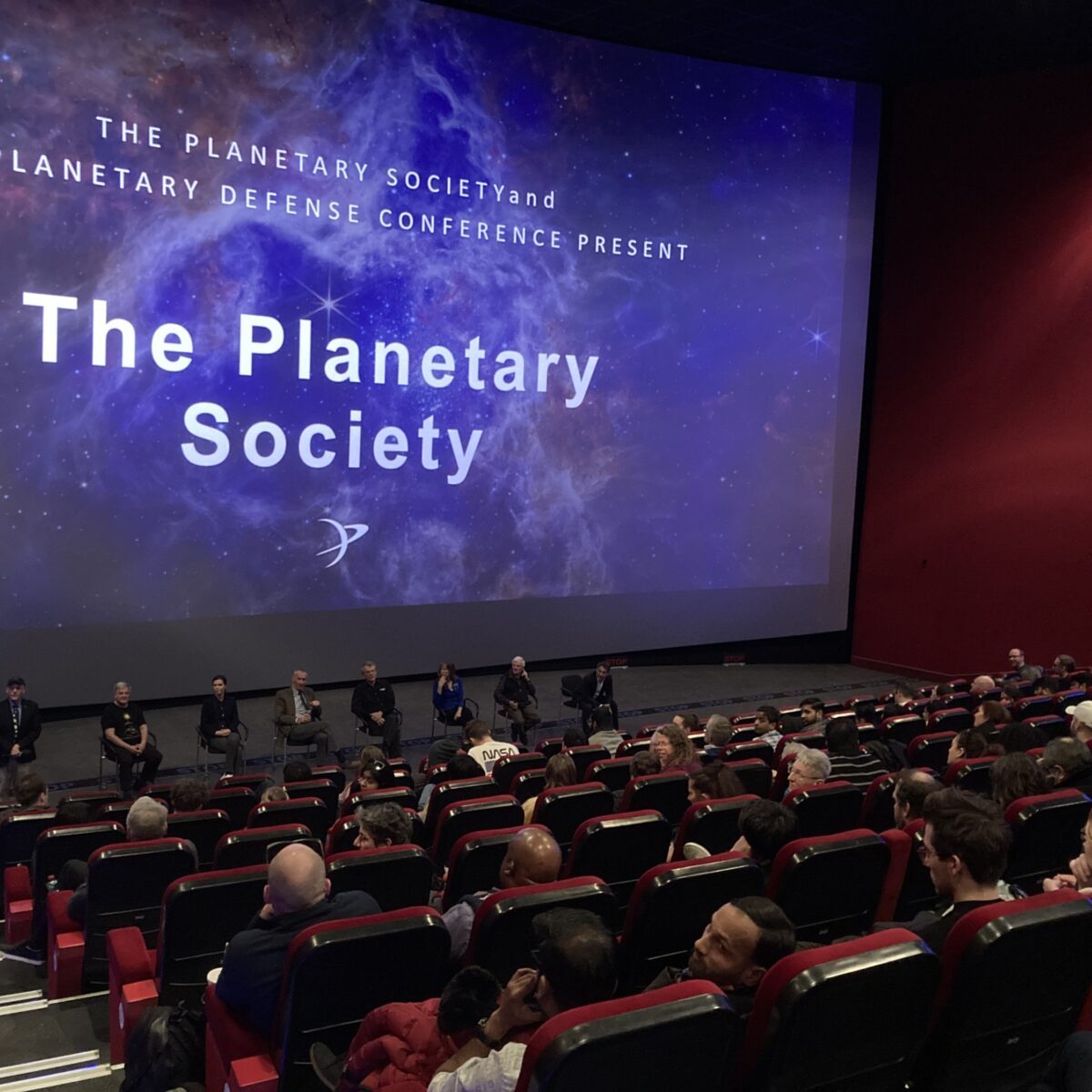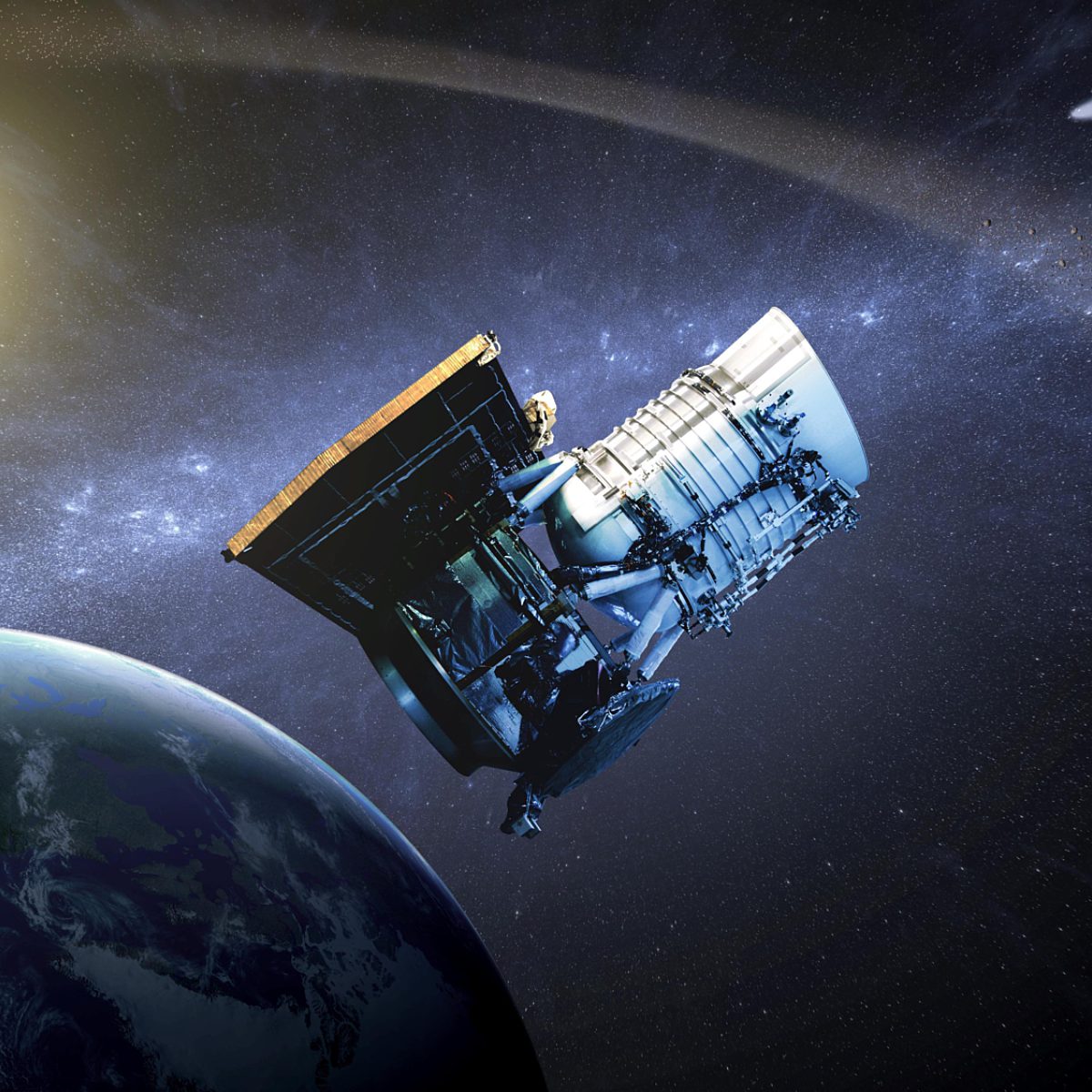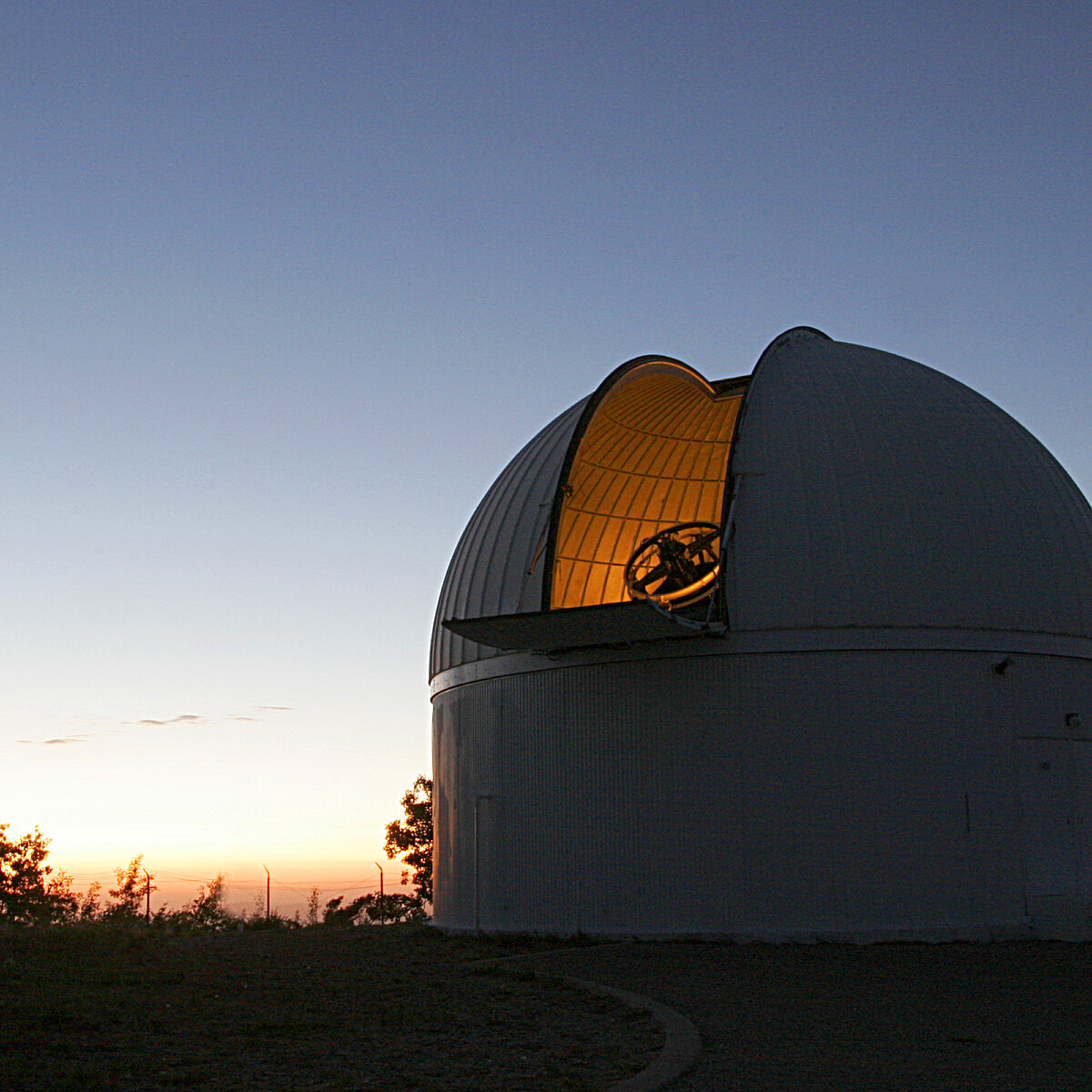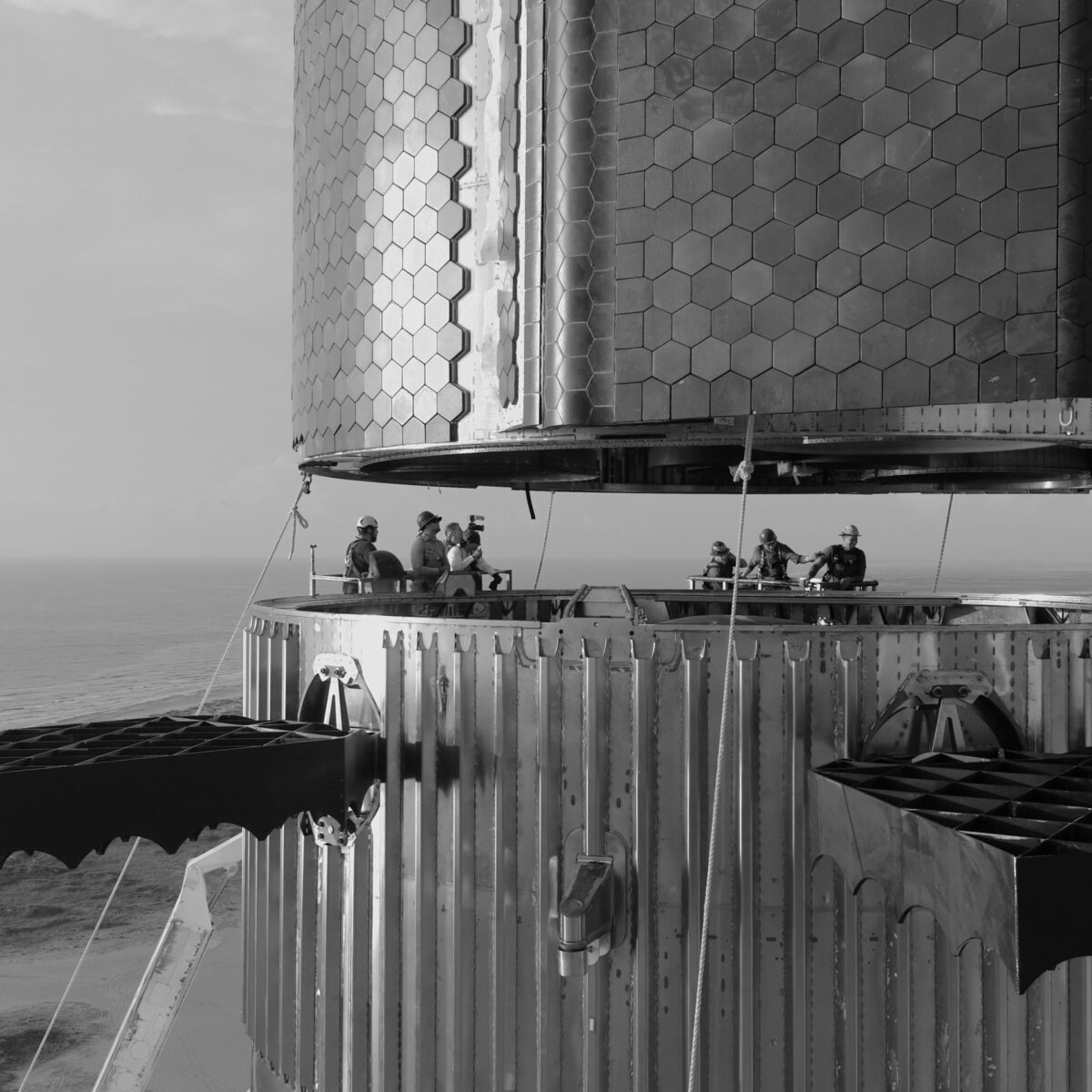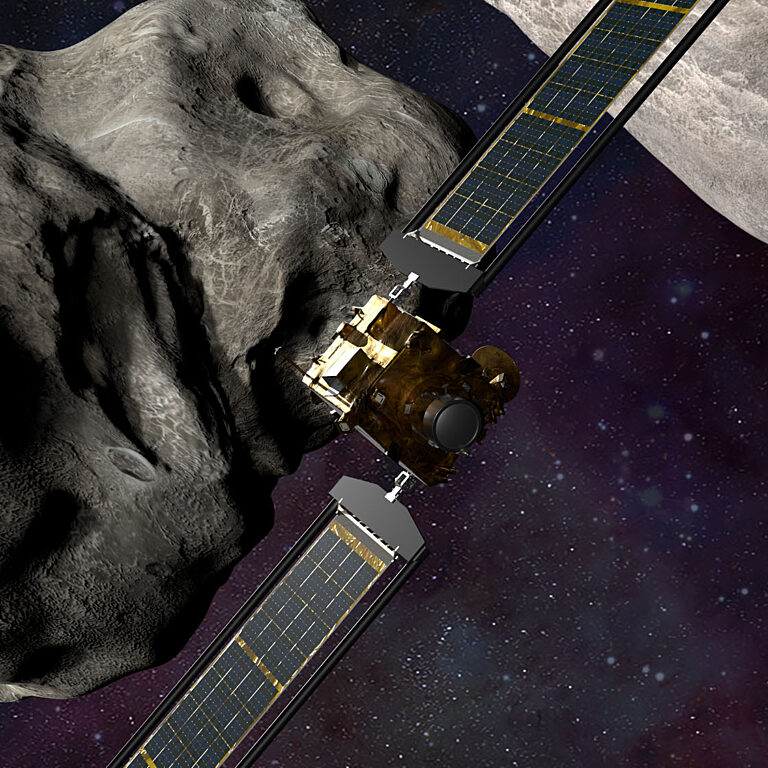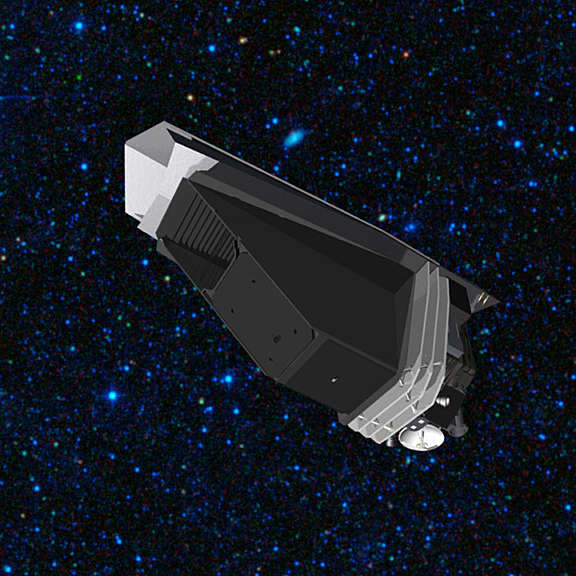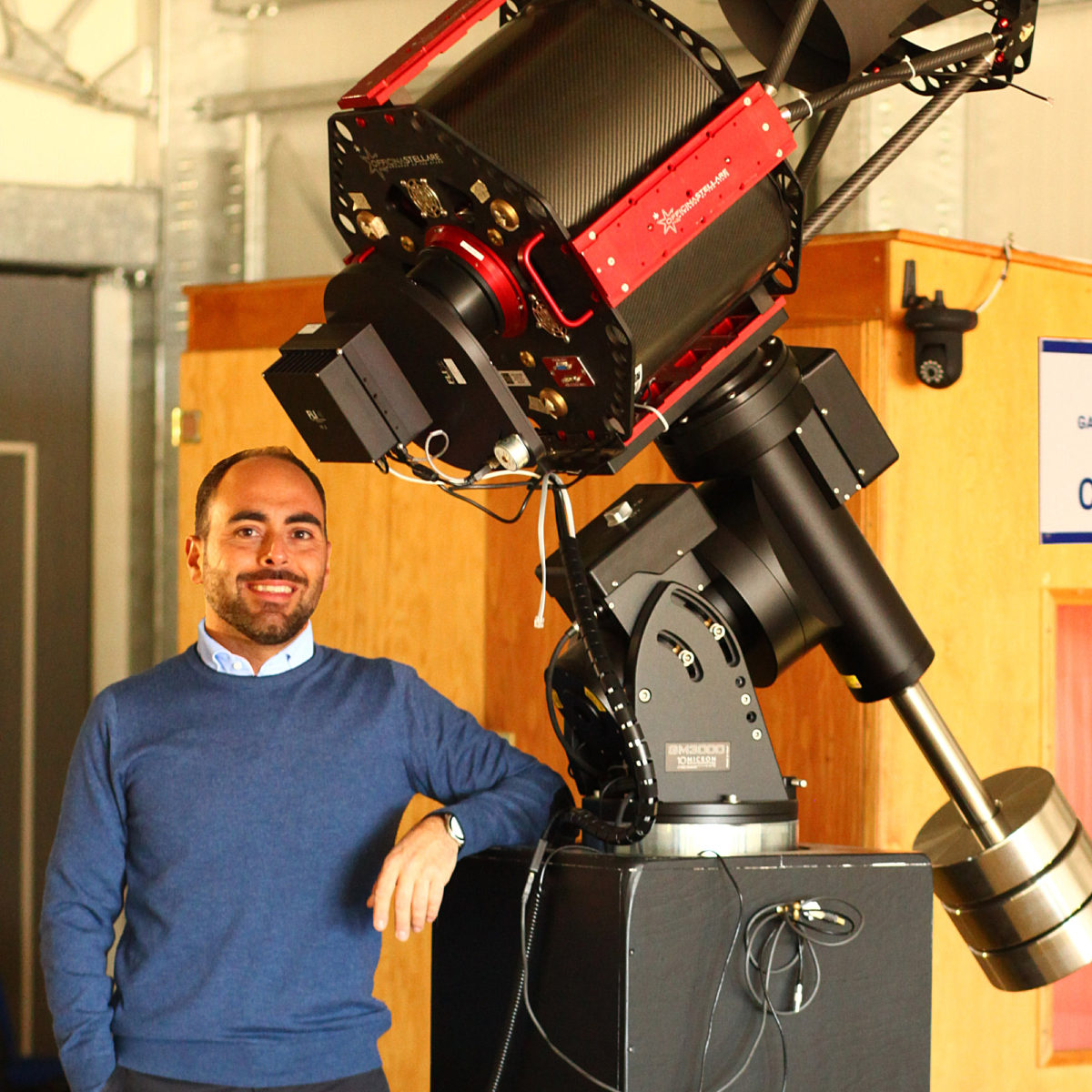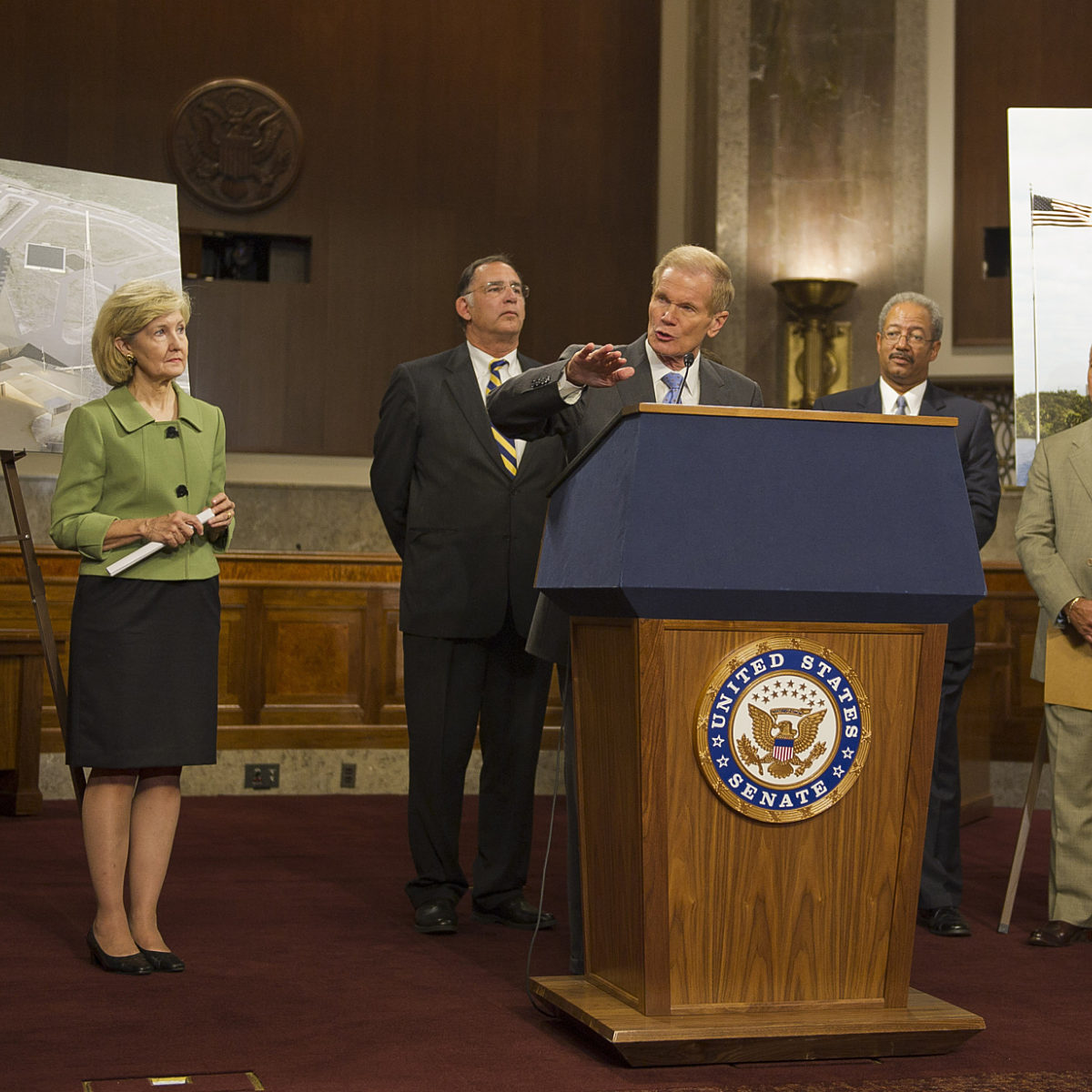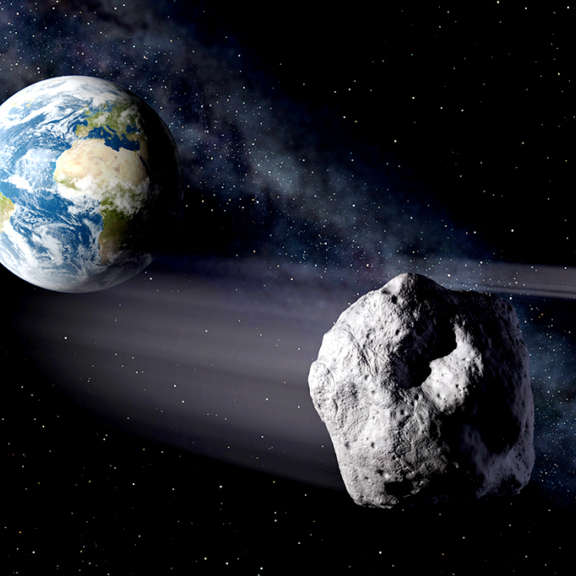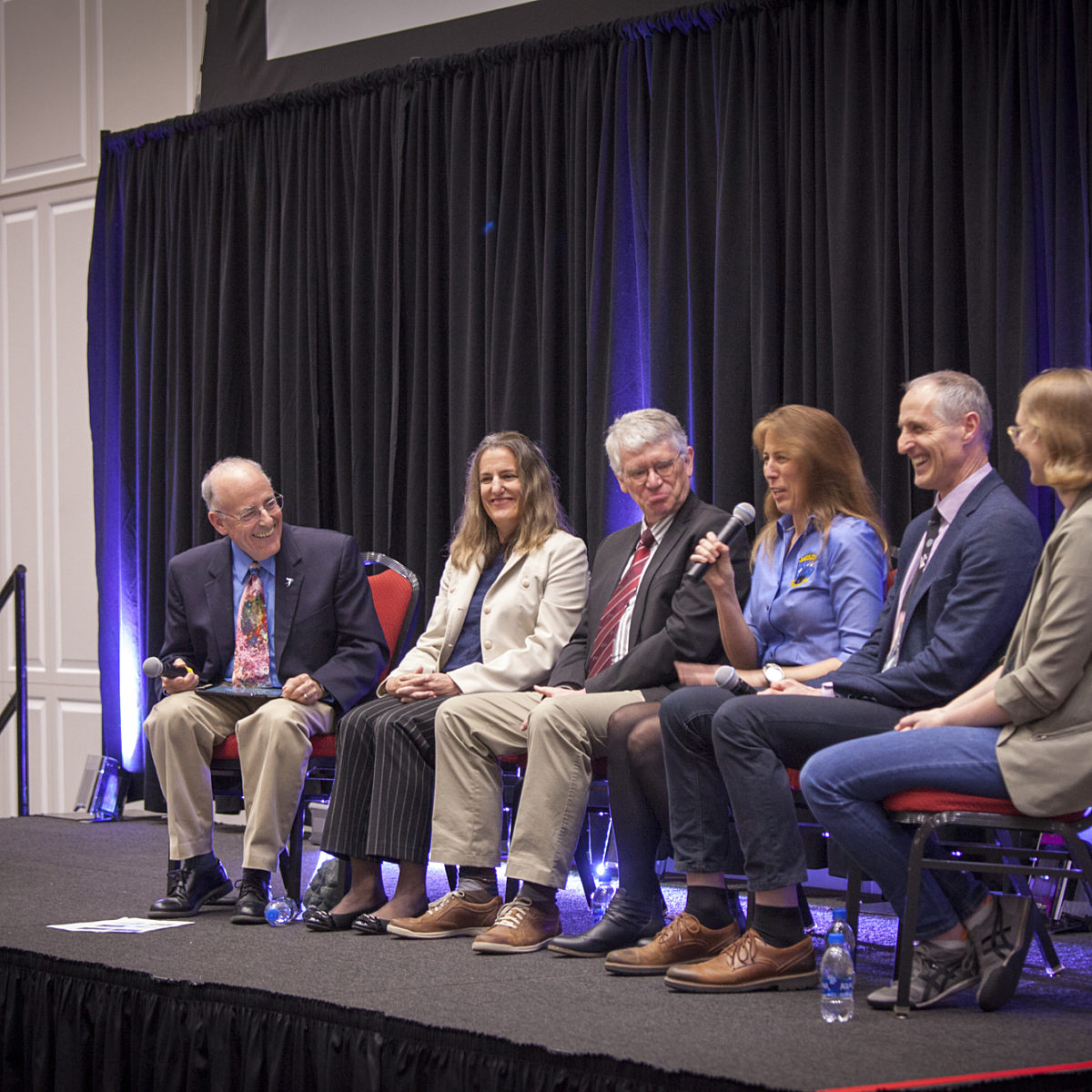Since 2002, Planetary Radio has visited with a scientist, engineer, project manager, advocate, or writer who provides a unique perspective on the quest for knowledge about our Solar System and beyond. The full show archive is available for free.
Search Planetary Radio
Scott Guzewich, deputy project scientist for NASA’s OSIRIS-APEX mission, joins Planetary Radio to discuss the next steps for the mission as we count down to asteroid Apophis’ flyby of Earth in 2029.
Planetary Radio creator Mat Kaplan shares a look behind the scenes at the 2023 Planetary Defense Conference in Vienna, Austria.
A new volunteer SETI science project to search for alien technosignatures has launched! Two of its creators tell you how to sign up.
The Double Asteroid Redirection Test was a brilliant success. The leaders of NASA’s Planetary Defense Coordination Office tell us what’s next in the quest to protect Earth.
Meet leaders of two of the most successful Earth-based searches for asteroids, including many that could threaten Earth.
Planetary Society chief of D.C. operations Brendan Curry returns for a look ahead at what to expect in 2022.
Building the next spacesuit for Moon walkers, and a shipboard update on how the Artemis 1 Orion capsule will be recovered from the Pacific Ocean.
Director Adam McKay and planetary defense expert Amy Mainzer join us for a conversation about the film and the science behind it.
The head of NASA’s planetary defense program discusses how the DART mission represents a new era for defending our planet from dangerous asteroids.
NASA has approved development of the NEO Surveyor space telescope. Project lead Amy Mainzer shares her hopes for this vital planetary defense tool.
Atmospheric scientist Mark Lemmon discusses the beautiful clouds on Mars imaged by NASA's Curiosity rover.
Planetary Society grants have enabled amateur astronomers to discover and track asteroids that cross Earth’s path. We’ll meet two of them.
Six planetary defense leaders report on progress toward protecting Earth from near-Earth objects.
We talk with two of our 2019 Shoemaker NEO Grant winners, who received funding to help find, track, and characterize potentially hazardous asteroids.
As the 2010s come to a close, Marcia Smith, the founder of Space Policy Online, rejoins the show to explore the most significant and impactful space policy decisions of the 2010s.
How can a simple report—just words on a page—lead to creation of a spacecraft? We explore how a 2019 report on the need for a dedicated, space-based telescope to find threatening near-Earth asteroids motivated NASA to pursue that very mission.
Planetary scientist Vishnu Reddy studies space objects ranging from satellite debris to planet-killing asteroids. He shares the status of our effort to avoid the fate of the dinosaurs in a conversation with host Mat Kaplan. Did you know fruit flies were first in space? That’s just one of the random space facts you’ll absorb in this week’s What’s Up segment with Bruce.
Leaders of the global effort to avoid a catastrophic Near Earth Object impact gathered at the 2019 Planetary Defense Conference. On the evening of May 1st, The Planetary Society partnered in an exciting PDC public event at the University of Maryland College Park. Presentations by Society CEO Bill Nye and NASA Chief Scientist Jim Green were followed by Planetary Radio Live.
A rare alignment of planets and other objects will enable the solar-powered Lucy spacecraft to examine seven asteroids, six of which are among the thousands of Trojan asteroids that orbit ahead of and behind Jupiter. The mission team, include Hal Levison, Cathy Olkin and Mike Sekerak, hope to unlock secrets of our solar system’s origin through these ancient artifacts.
Why did the dinosaurs die? They didn’t have a space program! The upcoming DART mission will test our best thinking about how we may someday deflect a Near Earth Object that is speeding toward fiery Armageddon on Earth. Nancy Chabot of the JHU Applied Physics Lab is the mission’s Coordination Lead.


 Explore Worlds
Explore Worlds Find Life
Find Life Defend Earth
Defend Earth


